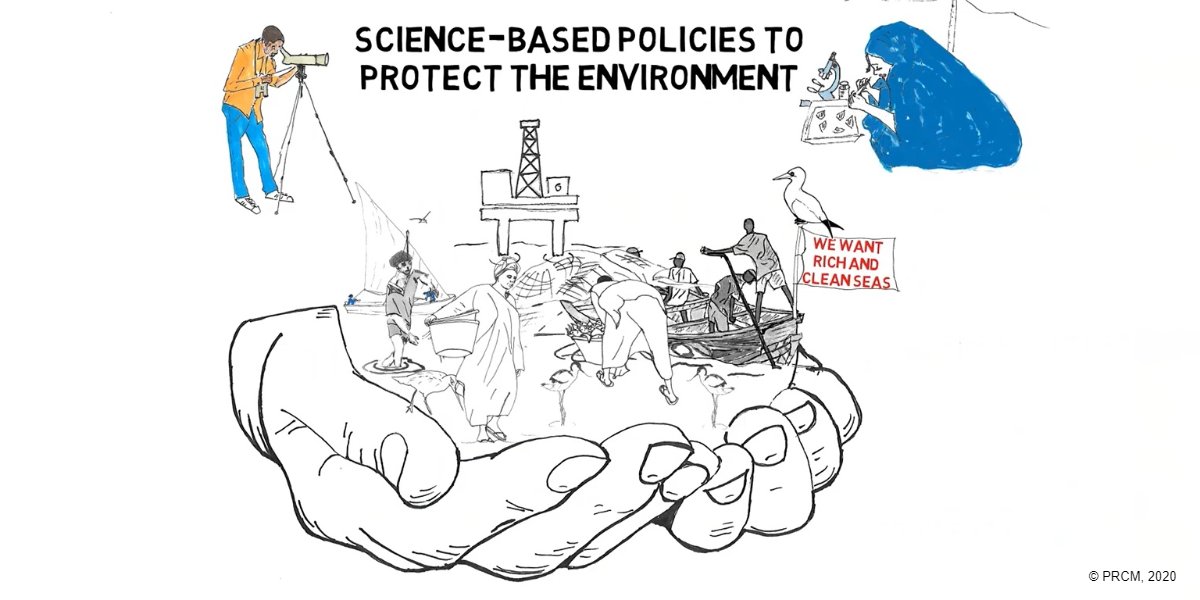
A win for science-based marine management
The West African Biodiversity under Pressure (WASP) Project is making waves for science-based biodiversity conservation in Mauritania after successful talks with the British company BP and their plans for the marine resources.
Major discoveries of international importance were made in these waters quite recently. For instance, it was discovered that Mauretania has the largest cold-water coral reef in the world, its canyon systems act as refuges for a complex ecosystem that is associated with the coral reef and pelagic biodiversity hotspots composed of plankton, small pelagic fish, dolphins, tuna, and seabirds. Total numbers of the latter group surpass the 1% threshold of their respective world populations (up to 30% for Northern gannets). In addition, frequent encounters are made with blue whales and sperm whales, which spend a lot of their time around the canyon systems.
The project’s goal is to put the protection of these vulnerable ecosystems and species, thriving out of sight for most people, on the agenda of marine resource users (fishermen, Oil & Gas companies and regulating agencies). Therefore, the project works with the National Institute for Fishery research (IMROP), a body linked to the Ministry of Fisheries and it engages with marine resource users directly, via the local NGO Mauritanie Nature. Recently, an agreement was reached with the oil company BP to update their environmental management to the latest scientific insights into the ecological vulnerability of the area. They also convinced the company to work with public research institutes who discovered these ecosystems, in total transparency, instead of working with private consultancy firms who have less knowledge of the area and who, moreover, keep their reports confidential.
It is particularly important that the company takes the latest scientific insights into Mauritania’s marine environment into account as it plans to develop one of the largest offshore gas fields in the world, lying on the maritime border with Senegal. The infrastructures needed to exploit this offshore gas cross through the sensitive areas science uncovered recently. A multidisciplinary team of scientists from Europe, Mauritania and Senegal will help the company to draft a Biodiversity Action Plan based on proper science and share this with the public.
Through this effort, BP will become the first major economic player in Mauritania to translate new scientific findings of the ecological vulnerability into policy for marine resource use. Other oil and gas companies active in the region, but also the fishery sector and regulating agencies could then benchmark their respective management plans and policies on BP’s Environmental Management Plan.
The importance of having research in place to regulate the growing offshore oil and gas sector was also underlined in this educative whiteboard video (available in three languages: English, French and Portuguese) on Youtube produced in collaboration with the PRCM: